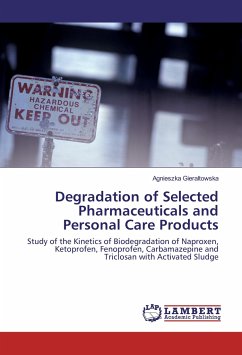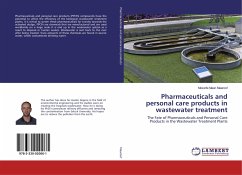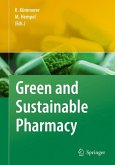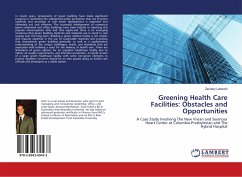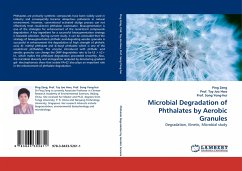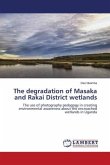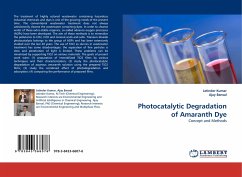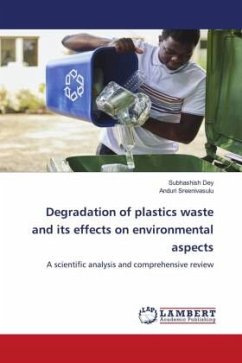Pharmaceuticals and personal care products (PPCPs) constitute a group of a wide number of compounds, largely consumed in modern societies. Despite of their large consumption, their potential to reach environmental compartments, and their impact on wildlife, has received little attention. Because of the low PPCPs concentrations reported in wastewaters and their complex chemical structure, common technologies used in wastewater treatment and water purification may not be efficient enough to accomplish their complete removal. It is known that there are different processes, responsible for PPCPs removal from wastewaters, therefore it is crucial to understand these processes, in order to be able to design proper technology processes to ensure PPCPs removal from treated sewage. The following book is a study, carried out in order to investigate PPCPs biodegradation kinetics with sludges collected from different Danish wastewater treatment plants. Special attention was paid to investigate the difference in PPCPs removal efficiencies, 1st order degradation kinetics rates and half-lives, under aerobic conditions. Also, the discussion on possible factors influencing PPCPs removal was made.
Bitte wählen Sie Ihr Anliegen aus.
Rechnungen
Retourenschein anfordern
Bestellstatus
Storno

